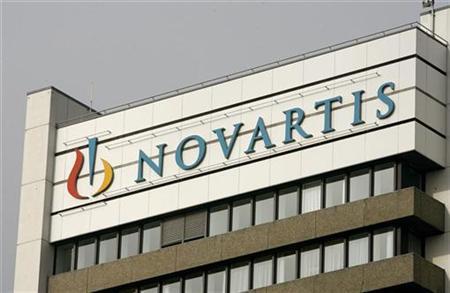
Supreme Court of India rules against Novartis' chronic myeloid leukemia drug Glivec or Gleevec's patent (Image source-Novartis)
New Delhi: The Supreme Court of India has ruled against Novartis in a historic seven-year legal battle involving Novartis' chronic myeloid leukemia drug, Glivec (known in Europe as Gleevec). The apex court rejected the firm's plea for the grant of the patent for the drug molcule.
Also read:
Novartis had applied for a patent for the beta-crystalline version of the drug, on the basis of increased safety due to the modifications in the chemical entity. Glivec, which costs a patient about $2,600 a month, can now be manufactured as a generic by pharma firms, thus reducing its price to only $175 per month.
The loss of Novartis has been hailed as a win over the notorious practice of evergreening of pharma giants. Novartis can now apply for a review petition, but experts claim that it will not have much impact on course of the decision.
While reacting to the judgement, Novartis, in its official statement, said that, it has never been granted an original patent for Glivec in India. The court denied an appeal challenging the rejection of a patent for Glivec, which had been patented in nearly 40 countries including China, Russia, and Taiwan. Novartis said that it filed a Special Leave Petition with the Indian Supreme Court in 2009 challenging the denial of the Glivec beta crystal form patent on two grounds, based on Sections 3(d) and 3(b) of the Indian patent law. In addition to seeking a patent for Glivec, the company filed the case to help clarify these unique aspects of the patent law.
"Novartis has never been granted an original patent for Glivec in India. We strongly believe that original innovation should be recognized in patents to encourage investment in medical innovation especially for unmet medical needs," said Mr Ranjit Shahani, vice chairman and MD, Novartis India. "We brought this case because we strongly believe patents safeguard innovation and encourage medical progress, particularly for unmet medical needs. This ruling is a setback for patients that will hinder medical progress for diseases without effective treatment options."
Novartis further said that the primary concern of this case was with India's growing non-recognition of intellectual property rights that sustain research and development for innovative medicines.




